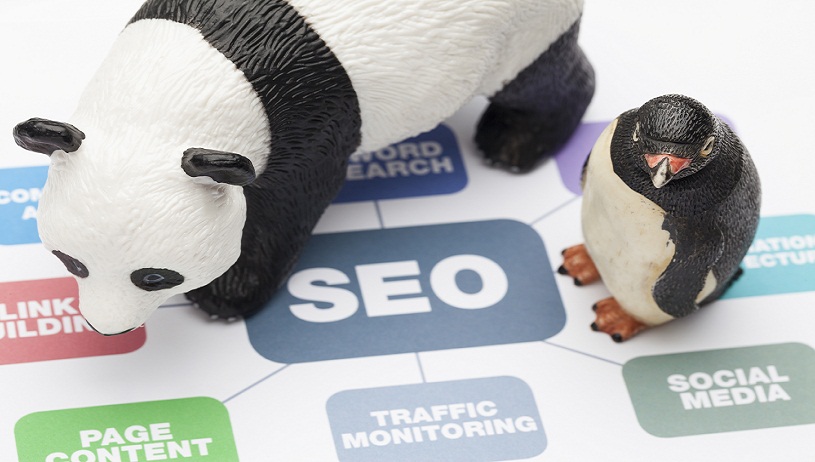The last Panda algorithm update was released in September and Penguin was rolled out during the last month of 2014. Considering the algorithm update release pattern of Google, we can expect that in a few months the search engine giant will release some more updates to clear the web from spam.
Whenever a new algorithm update rolls out, some website and blog owners cry for help because their sites lose rank on search engine result pages. Is Google really unfair and targets some sites? The answer is, NO! Unless you make some mistakes Google will never punish your site or blog. Unfortunately, some webmasters don’t even realize the mistake they commit. Recently, I had a conversation with a SEO expert USA and he pointed out some of the most common yet deadly mistakes made by bloggers. Let’s take a look at those mistakes.
Thin articles: Google pays attention to the quality of an article and it is very difficult to write an informative post in 200 words. So, if you have brief, non-informative articles in your blog, then you can either delete them or edit them to increase word count. Though, there is no strict rule, writing a post below 500 words is not a good idea.
Keeping outdated and expired content in blog: Web users like to read about latest things and stale content is neither loved by users, nor Google. So, what is the solution?
Let’s first discuss about outdated content. Suppose you wrote a blog post about a CMS and its features 6 months ago. This month, the CMS has released a new version and added some new features. Therefore, you must update your old post by giving information about the new features.
Now, let’s concentrate on outdated content. Suppose you wrote about a subject 1 year ago which is not relevant right now. Something that is obsolete and will be considered as spam must be deleted from the blog. For example, “Google Authorship” was a very important facility for SEO experts even 1 year ago, but 7-8 months ago Google announced the end of Authorship markup. So, if you still have a post in your blog that says “advantages of Google Authorship”, you are simply inviting Panda to penalize your site.
Poor link profile: There are mainly two types of links in a website or blog- inbound links and outbound links. Outbound links are often used for proving the authenticity of information given in your website. For example, the website of a hospital may use a link to WHO site to prove the value of their content. Always remember that you are responsible for every outbound link. Penguin takes link spamming very seriously and thus, you must connect your site with only reputed third party sites. Use a link checking tool and remove any link to the dubious sites.
On the other hand, inbound links or backlinks are the URLs of your web pages, used by other sites, in their content. If you receive backlinks from low quality websites, then Penguin will punish you. Sometimes, competitor sites create backlinks of a site from porn and betting sites to harm the market leader’s ranking on SERP. Use Google Webmaster Tools to check all the backlinks and remove the spam links.
SEO is a continuous process and the things mentioned above need to be done after every couple of months, because posts can be stale whenever something new happens in a particular field and your competitors will always try to create poor backlinks to harm your site. So, stay vigilant and don’t make the mistakes mentioned above.

